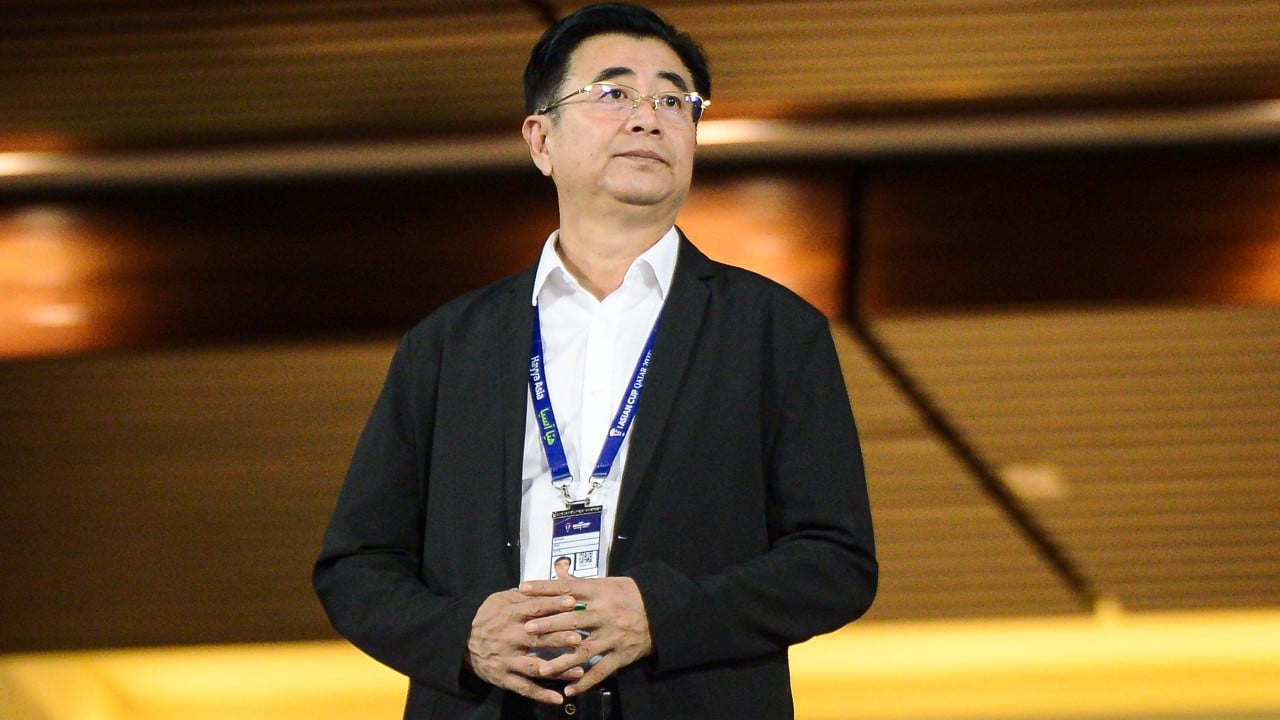

China's national football team is once again under intense scrutiny following a candid and harsh assessment from a top football official. The remarks, revealed in a recent episode of the state broadcaster CCTV's series "Dialogue with Chinese Football," have ignited a fresh wave of debate and disappointment surrounding the performance of the men's national team.
Song Kai, the Chinese Football Association (CFA) president, didn't mince words when he described the team as "fourth rate" and lamented their apparent inability to learn from past mistakes. These comments, made during a meeting with youth team coaches in the wake of a humiliating 7-0 defeat to Japan last September, underscore the deep-seated frustrations within the nation's football governing body. The airing of these remarks publicly signifies a notable shift towards transparency, or perhaps a strategic move to publicly acknowledge the widely perceived failures.
The frank assessment comes at a time when Chinese football is facing numerous challenges. Despite significant investment and ambitious goals set by President Xi Jinping to transform China into a football powerhouse by 2050, the national team continues to struggle on the international stage. Their sole World Cup appearance in 2002 ended without a single goal scored, and subsequent attempts to qualify for the tournament have been unsuccessful.
Recent performances have further fueled public discontent. The team's failure to advance in the 2026 World Cup qualifiers, coupled with lackluster showings in other international competitions, has led to widespread criticism. Even a recent sold-out match against Bahrain, a game with no bearing on World Cup qualification, couldn't mask the underlying disappointment among fans.
The challenges facing Chinese football are multifaceted. Corruption within the CFA, as highlighted by recent investigations into high-ranking officials, has undermined the integrity of the sport. Furthermore, a lack of grassroots development and a preference for white-collar jobs among parents have hindered the cultivation of young talent. The Chinese Super League (CSL), which saw a period of heavy investment in foreign players, has also experienced a decline, impacting the overall quality of domestic football.
While criticism is rife, some argue that a more nuanced approach is needed. Former national team captain Feng Xiaoting has previously emphasized the need for "doers, not keyboard warriors," highlighting the importance of constructive efforts to improve the game. Others point to the progress made by the CFA in transforming the organization of the sport, with many senior officials possessing strong educational backgrounds.
However, the prevailing sentiment remains one of disillusionment. The national team's struggles stand in stark contrast to the country's broader ambitions on the global stage. For a nation that aspires to host and win a World Cup, the current state of its men's national team represents a significant obstacle. Song Kai's blunt assessment serves as a wake-up call, underscoring the urgent need for comprehensive reforms and a renewed focus on developing a sustainable footballing culture. Whether this public acknowledgment will translate into meaningful change remains to be seen, but it is clear that the future of Chinese football hinges on addressing the systemic issues that have plagued the sport for far too long.